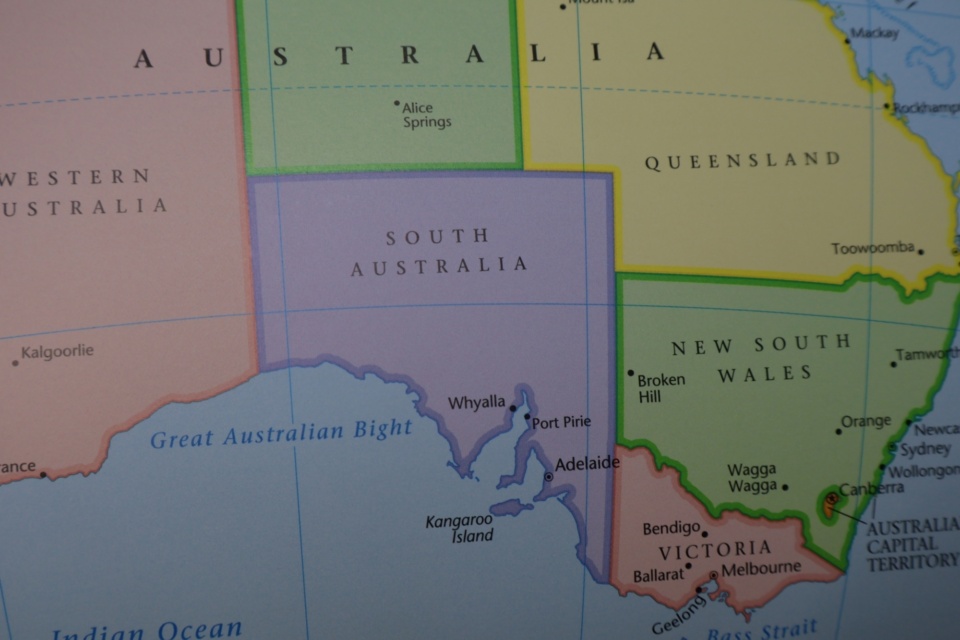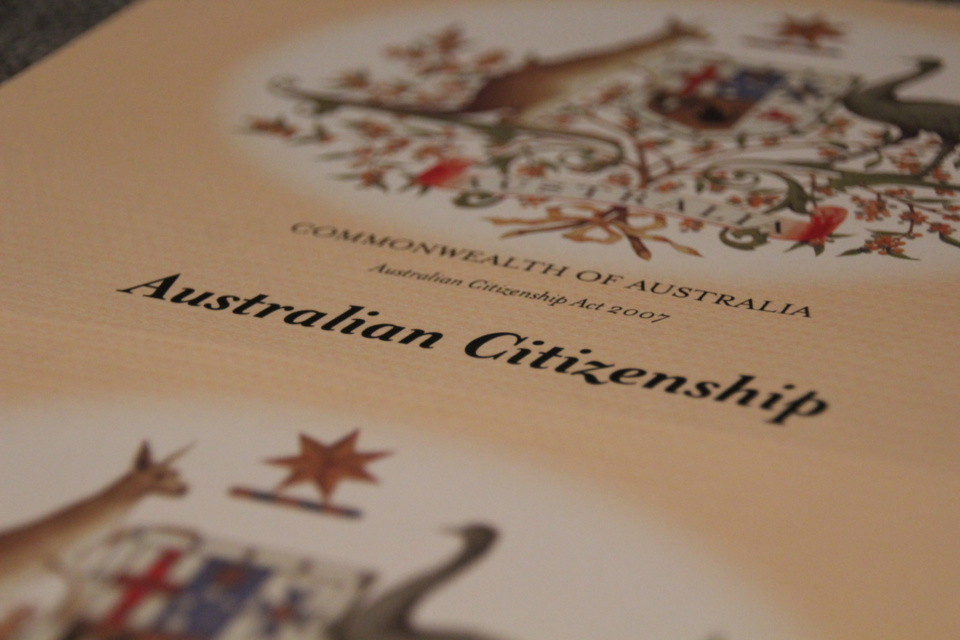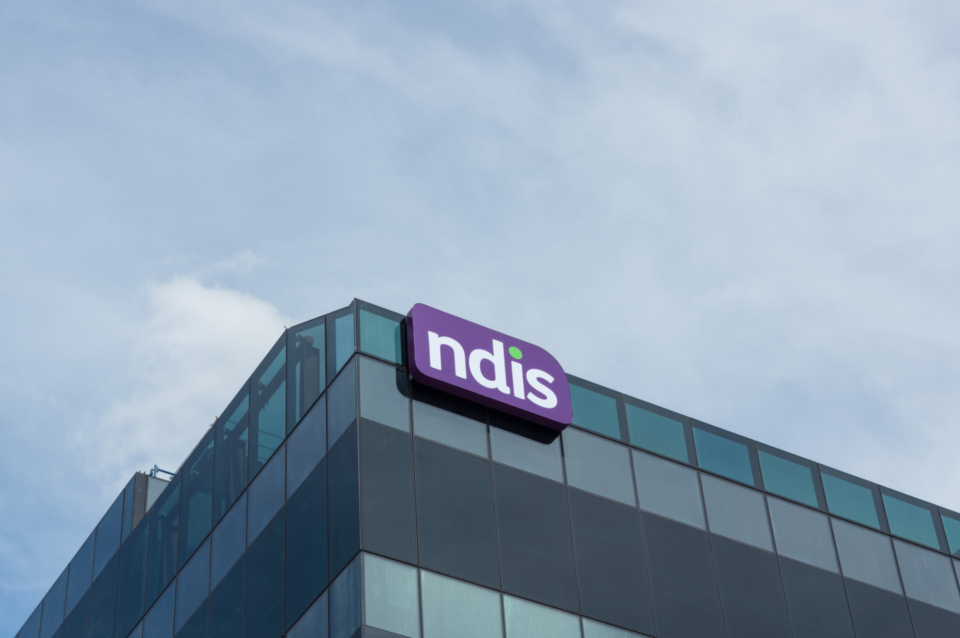
One Nation’s chances as a dominant conservative party are piñata-like
Posted on 11 Feb 2026
Opinions polls insist Pauline Hanson's fortunes are on the rise, but it is likely that enthusiasm…
Posted on 21 Feb 2024
By Dr Kristen Moeller-Saxone

One year on from the launch of the largest ever collaboration by Australian not-for-profit data experts, much has been learned about the power of data to support decision making, says Dr Kristen Moeller-Saxone.
In 2022, the Paul Ramsay Foundation identified an urgent need to use the power of data to help break ongoing cycles of disadvantage for Australian children.
As higher education became more inaccessible, and more children became disengaged from school, we needed to find better ways to tackle these issues together.
At the same time, the power of data to support decision making was reaching new heights.
We have powerful data tools at our fingertips that allow organisations to predict what supports will be effective for different types of people and problems – if they’ve got the data capability.
And so, a unique group of data experts was formed, with funding from the Paul Ramsay Foundation: the Data Catalyst Network (DCN).
This is the first time that a data collaboration such as this has been launched in Australia with the purpose of strengthening the data capabilities of the not-for-profit and community sector by developing solutions together.
In our early workshops, we identified managing data to meet the needs of multiple stakeholders as a core challenge.
Not-for-profits, unlike the corporate sector, must consider the reporting requirements of multiple funding bodies across programs, clients, donors, different government departments and staff. They do this without the resources enjoyed by other sectors.
Infoxchange’s 2023 Digital Technology in the Not-for-Profit Sector report found that only one third of surveyed organisations used data to drive decision making. Just a fifth agreed that their systems helped them to understand their impact.
Data analysis and reporting requires high level skills across data collection, analysis, visualisation and reporting – skills which many organisations, of all sizes, struggle to resource.

Data capability in the sector is challenged.
In an under-resourced environment, organisations increasingly require advanced understanding of building data strategies, capturing data, analysing data, and safely and securely storing data.
We also know that advanced teams with a comprehensive understanding of evaluation and external data sources have the power to make stronger decisions for program execution and evaluation of outcomes.
Teams who recognise the power of data and the need to implement data strategies across an organisation are more likely to be successful and have a stronger ability to track that success.
In a recent Data Catalyst Network webinar led by data architect Marcello Sequeira of the Benevolent Society, Sequeira talked about the importance of developing a data strategy that includes top-down buy-in from the executive level and a bottom-up framework approach to data capture and analysis across all teams.
This kind of strategy has enabled his team to build a reliable dataset, to make confident decisions and to optimise strategies effectively. It is true for all sectors that organisations with a whole-company approach to data analysis and evaluation see greater impact and success.
By improving data literacy, the use of technology and collaboration, the Benevolent Society was able to help more than 90% of the children they work with remain safely with their families. Before the organisation implemented a data strategy, programs simply could not be evaluated in this way.
Anthony McCosker, a professor of media and communication at Swinburne University says all organisations should identify their internal data champions and lead collaborators to support good data governance by being what he refers to as “data gardeners”. Growing data capability across teams is key to seeing stronger impact.
"As NFPs continue to grapple with complex stakeholder needs and increasingly challenging circumstances for disadvantaged children and families, it is critical that we foster a data-driven, collaborative culture."
The Data Catalyst Network found there is a strong need for organisations to better understand what datasets are available and what makes them valuable. For example, our webinar led by the University of Western Australia team showed participants how to find population-level data on the health and wellbeing of children and young people at the local level.
The newly introduced Australian Child and Youth Wellbeing Atlas provides access to more than 400 datasets on birth, immunisations, mental health, estimated residential population, substance abuse, material basics, housing and unemployment.
This data is invaluable for organisations that must demonstrate to funders the level of need in their region.
For example, we know that the national secondary school completion rate is dropping and currently at 79% (Productivity Commission, 2024). Being able to show that your program results in a higher school completion rate, or that you serve an area with a lower-than-average completion rate, can strengthen your case for funding.
The Digital Atlas has significant implications for policymaking and service provision, enabling the development of geographically sensitive policies. By making data more accessible and visually interpretable, the Atlas also provides communities with the ability to advocate for their specific needs through evidence without the traditional bureaucracies and hurdles.

The DCN worked with key organisations across three areas to create data projects that will address disadvantage for children and families:
In each of these projects, NFPs, universities and data consultants collaborated to identify data gaps that needed to be filled.
For example, the group agreed that while many programs were successful at helping disadvantaged young people to find work, they didn’t have the resources to analyse the longevity of this success or the job types and quality.
Working with the Melbourne Institute, one of the innovative projects will classify the types of jobs that young people are employed in and look at the long-term prospects for advancement and remuneration in these jobs.
It will compare these jobs to the types of jobs that employment agencies typically support, and it will help to provide a barometer for industries seeking to employ young people.
As one member noted, “it’s important to help vulnerable young people to find jobs that give them a start in life.” Surprisingly, there is a significant lack of data that helps us understand specifically which jobs and industries do that.
In Queensland, the network brought together some of the most advanced data experts in the country working in place-based initiatives.
Together, this group identified a framework for longer-term success, which starts from community relationships and the participation of decision-makers with lived experience, and includes the development of data types, indicators, access to datasets, and how to safely exchange knowledge and lessons.
One of the Data Catalyst Network’s key focuses for the first quarter of 2024 is how organisations can safely and effectively use artificial intelligence (AI).
By posing questions such as “What is the percentage of young unemployed people in Queensland?” to an AI tool – and of course checking the legitimacy of the answer – organisations can speed up their research.
It can help data experts cut down time spent on administration, writing reports and writing grant fund applications and better focus on community engagement and strategy.
There are myriad technology tools available to us – but many data experts are not yet aware of what is available. Sharing knowledge such as resource summaries and webinars on steps towards data capabilities and new tools allows us to advance our skills and consequently the impact we can make.
While there is a lot to do in developing the data capability of the sector, we are excited that this collaboration has allowed Australian organisations committed to changing the lives of vulnerable children and youth to learn from one another.
We must share more stories of success and impact, to illustrate what works, and make clear what a strong strategy looks like.
As NFPs continue to grapple with complex stakeholder needs and increasingly challenging circumstances for disadvantaged children and families, it is critical that we foster a data-driven, collaborative culture.
That culture will enable us to use our limited resources more effectively and make better decisions. It holds the promise of breaking the chains of disadvantage and improving the lives of the next generation of children.
A starter list of resources curated by the network can be found below. This is non-exhaustive, and the network will share a comprehensive framework and toolkit in the coming months. Stay tuned!
Dr Kristen Moeller-Saxone is data capability lead at Infoxchange and the head of the Data Catalyst Network, a data impact network of more than 50 organisations on a mission to improve the NFP sector’s data capability.
We're proud to take a stand on progressive issues. Here's a taste of our commentary.

Posted on 11 Feb 2026
Opinions polls insist Pauline Hanson's fortunes are on the rise, but it is likely that enthusiasm…

Posted on 28 Jan 2026
This year’s Adelaide Writers’ Week began with the cancellation of a talk by Palestinian-Australian…

Posted on 17 Dec 2025
Posturing by the US president about Europe's immigration policies, even warnings of future…

Posted on 03 Dec 2025
If you wanted an example of the problems inherent in federal systems, you couldn’t do better than…

Posted on 19 Nov 2025
When it comes to loyalty to car brands, it can be confusing who we should support, and, even more…

Posted on 05 Nov 2025
Before the Prime Minister gets too excited about his recent meeting with the American President, he…

Posted on 14 Oct 2025
The idea of "long term" is not something that sits well in the social media era, yet governments…

Posted on 30 Sep 2025
I am proud of what Our Community, and its exceptional team, have achieved in the past 25 years. As…

Posted on 16 Sep 2025
Happy Australian Citizenship Day! To mark the occasion, Our Community leader Denis Moriarty takes…

Posted on 02 Sep 2025
Words live, evolve, and sometimes die. Some words are invented from scratch, some are old words…

Posted on 26 Aug 2025
The cost of the National Disability Insurance Scheme (NDIS) is climbing relentlessly – $44 billion…

Posted on 04 Aug 2025
The new leader of the Liberal Party, Sussan Ley, wants to increase the proportion of women…